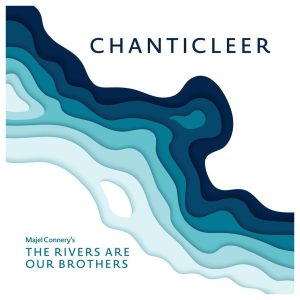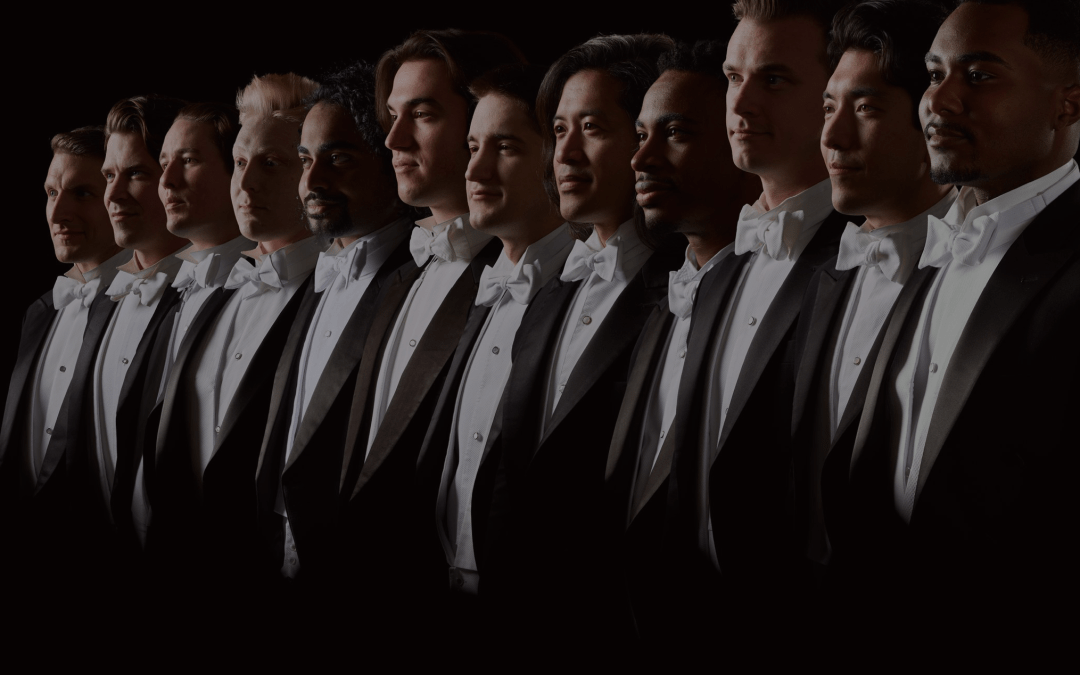If anything, the practice of a religious naturalist is experiential. The initial impulse of a religious naturalist inclination in a spiritually open person often hangs squarely on experience – the incredible majesty of this bodymind, this moment, this nature, this sunset, this reality, this universe. To come into a relationship with the world in the way that religious naturalism urges, we must first perceive it. Paying close attention, then, to our ability to perceive should be a formative plan for religious naturalists.
Listening to recorded music is a low-cost, portable and very accessible way for people to experience being. One beauty of spirituality that takes nature as its ground, is that simple existence and simple experience can be seed for spiritual becoming. The quotidian act of laying down on the floor with headphones on and focusing one’s biological brain (made of nothing but cells and evolved over millennia) on the patterns of compression and rarefaction of the air in the ear canal that are playing on your eardrum (which is made of cells, similarly evolved, very much a part of nature) can bring a wonderful religious naturalist practice into ones life.
 One recent recording by the a Capella vocal ensemble Chanticleer seems to fit hand-in-glove with this religious naturalist sensibility and I wanted to take this opportunity to bring it to the attention of The Religious Naturalist Association. The recording features a single piece: The Rivers are Our Brothers, composed by Majel Connery. As one might expect from Chanticleer (which has won Grammy-awards), it is flawlessly performed, yet as deeply soulful as their most religious work. A gem of an album, it ought to make its way onto every religious naturalist’s playlist.
One recent recording by the a Capella vocal ensemble Chanticleer seems to fit hand-in-glove with this religious naturalist sensibility and I wanted to take this opportunity to bring it to the attention of The Religious Naturalist Association. The recording features a single piece: The Rivers are Our Brothers, composed by Majel Connery. As one might expect from Chanticleer (which has won Grammy-awards), it is flawlessly performed, yet as deeply soulful as their most religious work. A gem of an album, it ought to make its way onto every religious naturalist’s playlist.
Ascription of human characteristics, or even human identification with nature is usually probably anathema to the average religious naturalist. Despite this I assert to you that The Rivers is wonderfully anthropomorphized (take the names of the movements, for example: “I am the air” and “I am a mountain” … the entire lyric follows in the same mode. The piece is described on her website as “a song cycle on ecological responsibility told from the point of view of the land.” and “The songs in the cycle take a first-person view of nature, ascribing human qualities and feelings to elements of the landscape: water, trees, mountains, rivers, etc.” What she has managed to do is, instead of bring nature down to a human scale, to expand our notion of humans as part of nature, to ascribe to humans the qualities of mountains, trees and rivers, and to create art that manifests as care, love concern and embeddedness in nature.
Connery is a musicologist who has published in the journal, The Opera Quarterly. Her PhD dissertation in musicology, written on a Mellon Foundation fellowship, was on the topic of Peter Maxwell Davies: The Revelation of Peter Maxwell Davies – Theology and Theatricality in the Mid-Century Stage Works. Davies was a naturalist composer in his own right. I remember a visit he made to St. Louis when I was around 19 years old. He lived in the Orkney Islands in Scotland and I will never forget his ornate verbal description of the islands, the ocean, the wildlife, and his description of his effort to meld the experience of living there (verbal and nonverbal) into his compositions. Spirituality and nature perfuse both Davies’ and Connery’s work.
Originally commissioned by Musica Sierra as part of its Musical Headwaters Program, The Rivers was first conceived as a set of songs, featuring Connery as the vocalist, and with a minimal accompaniment (the recording of this version features Ben Matus on vocals and bassoon and Edwin Huizinga on violin). She has also performed the song cycle with the Brothers Balliet https://www.dougballiett.nyc/brothers-balliett. In transforming and recomposing the song cycle to a set of choral pieces to be performed by one the preeminent choirs in the USA, a thing that defies categorization and stands alone has been created. Connery wrote both the words and the text, in a total creation – something that is unusual in the world of contemporary concert music.
It’s worth a listen!
Listen to The Rivers on Spotify HERE.
Or iTunes HERE.
by Jason Keune

